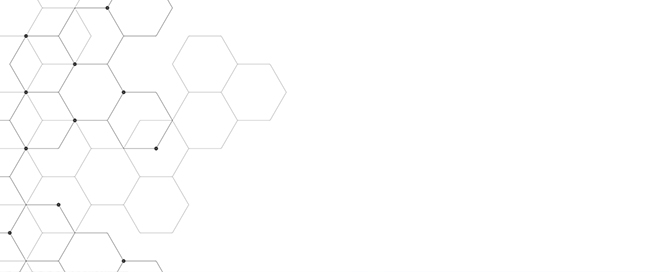The new Intellectual Property Act was passed on 4th November and shall enter into force on 1st January 2014 bringing with it important developments, especially regarding the protection of copyright on the Internet. In the following article, we summarise some of the most interesting points of this new Act:
a) The controversial “Google tax”
One of the most controversial elements has been the introduction of an equitable compensation for the so called providers of electronic services for the grouping together of contents online (known as the Google Tax), which shall be levied unwaivably in favour of the authors of contents with an informative purpose. In practice, this means that websites such as Google News, Bing News, Yahoo News, etc, must pay the editors of news publications for the links, which they publish in their webs.
The tax has been harshly criticised by corporations such as Google, which has even threatened to close Google News in Spain, considering said compensation to be inadmissible, with the argument that it is precisely its activity, which gives a wider broadcast and notoriety to the linked publications.
However, it should be borne in mind that this issue has already been the object of controversy in Germany, France and Belgium, where finally Google has signed collaboration agreements with the publishers.
b) Taxes for Universities
As from 5th November 2015, universities must pay an equitable compensation for the private copy in relation to copies made of works or publications, provided that they are limited to one chapter or article to the extent of 10% of the entire works, which shall be unwaivable and collected through designated management organisations.
c) Combating downloads links websites.
The role of Section 2 of the Spanish Intellectual Property Commission is reinforced in order to combat downloads links websites with contents protected in Spain. Specifically, the concept of offender is extended to the owner of a domain, which publishes a link, even when said link has not been published by the owner himself, but by an Internet user (for example, in a comments section).
Furthermore, the new law imposes a duty to collaborate upon electronic payments, advertising or intermediary service providers (for example Hosting companies), which may be fined if they do not collaborate with the Commission.
The fines shall vary between 150.000.- Euro and 600.000.- Euro and shall be applicable as from 5th January 2015.
d) New judicial mechanisms for identifying offenders in the Internet.
The law entails a reform of the Civil Procedure Law in the defence of intellectual property rights. Particularly, information society, electronic payments and advertising service providers must provide data on the users of their services, upon which reasonable indications exist that they are making available or publishing, whether directly or indirectly, contents protected by the Intellectual Property Act.
With the above, the way is being paved for the practice of actions against infringements committed via P2P programmes.
Vilá Abogados
For more information, please contact:
21st November 2014



